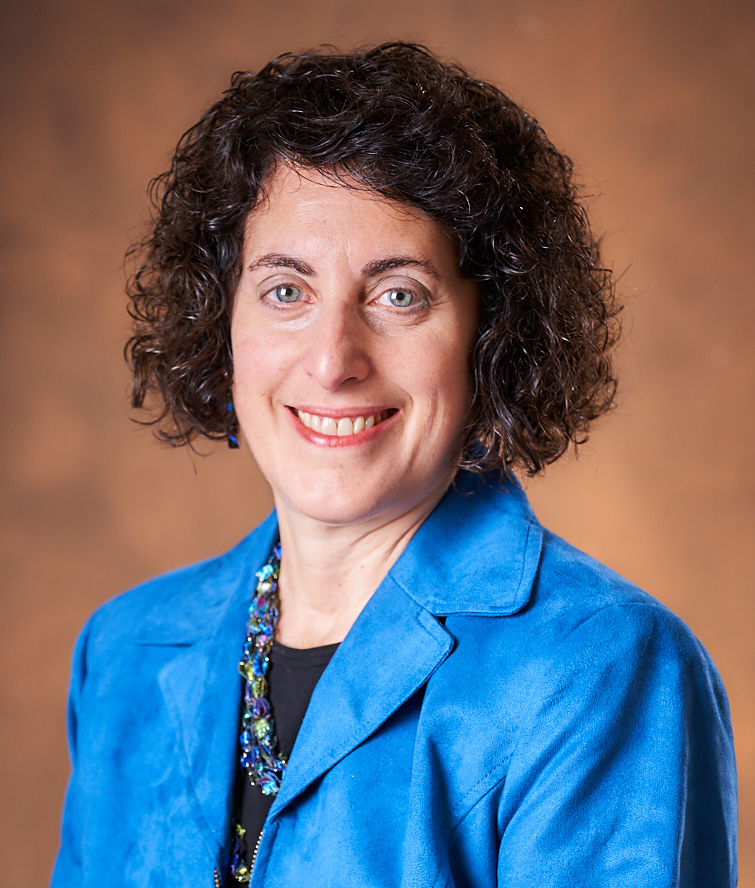
In last weeks’ Torah portion, Pharaoh was given seven signs from God to convince him to let the Israelites go to the wilderness for their worship. However, Pharaoh hardened his heart and refused Moses’ requests. This week in parashah Bo, there are three more signs that are sent to display God’s divine power to the Egyptians. A swarm of locusts blows in to destroy the remaining food left after the hail. Pharaoh begs Moses to appeal to God to remove this scourge. The locusts fly away, however, God now hardens Pharaoh’s heart and he does not let the Israelites go.
The next sign is a thick darkness that descends without another warning from God to Pharaoh. After three days, Pharaoh still will not relent, so God tells Moses of one last plague that will be visited on the Egyptians. The slaying of the first-born is announced, along with detailed instructions on how the Israelites should prepare for the Passover Sacrifice.
God commands them to mark the beginning of the months from this day, thus establishing the celebration of Rosh Chodesh, or the new month. The narrative continues with instructions to the Israelites to mark their doors with the blood of the Passover sacrifice and to eat the lamb with unleavened bread and bitter herbs. The Israelites are commanded to celebrate the seven-day Feast of Matzot throughout the ages as a reminder of the redemption from the tenth plague.
Hearing the loud cries of mourning, Pharaoh finally releases the Israelites. God again reminds them to commemorate this event with a yearly celebration. Then there is a listing of rites that are to be performed as reminders of the Exodus from Egypt. The phrase “As a sign on your hand and as a reminder on your forehead” (Exodus 13:9) is the basis of the wearing of tefillin, and “Redeem every male first-born among your children” (Exodus 13:13) is the background for the ceremony of Pidyon haBen.
In studying this passage of the Torah, I was struck by the number of rituals that are commanded here that we still observe today. The Passover story connects the chain of Jewish continuity from the ancestors who were there to those of us still continuing these practices. It also connects us to the future generations, as we are instructed to teach our children the lessons of the Exodus.
We are directed to inspire the next generation, and all the generations to come, to continue the traditions of our people. WRJ’s support of Youth Groups (NFTY) and URJ camps help to nurture the next generation of leaders in our community. Scholarships to Rabbinic and Cantorial students at Hebrew Union College-Jewish Institute of Religion are also vital to the continuity of our people.
Being members of WRJ, we contribute toward a commitment to future generations and continue the resiliency of our people.
Lori Motis is a Past President of the Sisterhood at Congregation Beth Or in Maple Glen, PA. She currently serves as the First Vice President of WRJ Atlantic District.
Related Posts

Parashat Yom Rishon shel Rosh HaShanah

Cultivating a Culture of Accountability and Belonging


